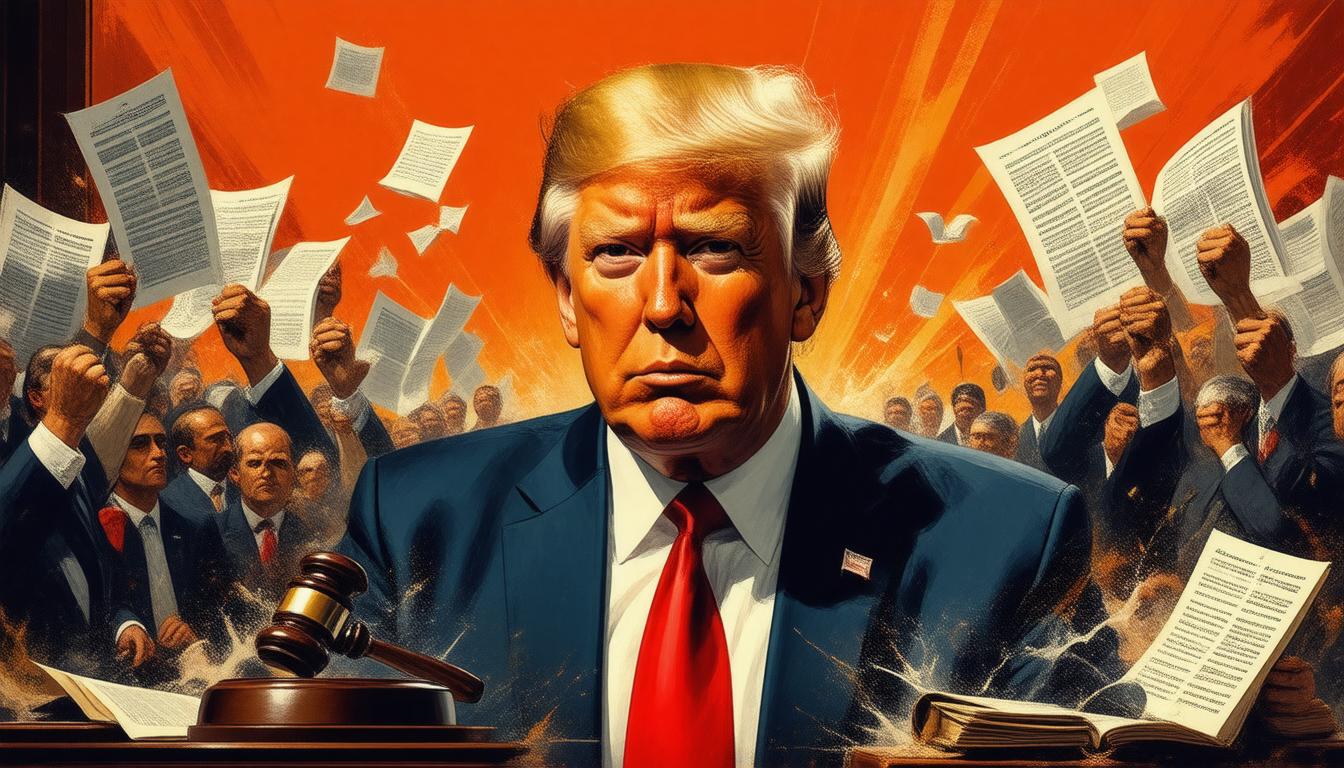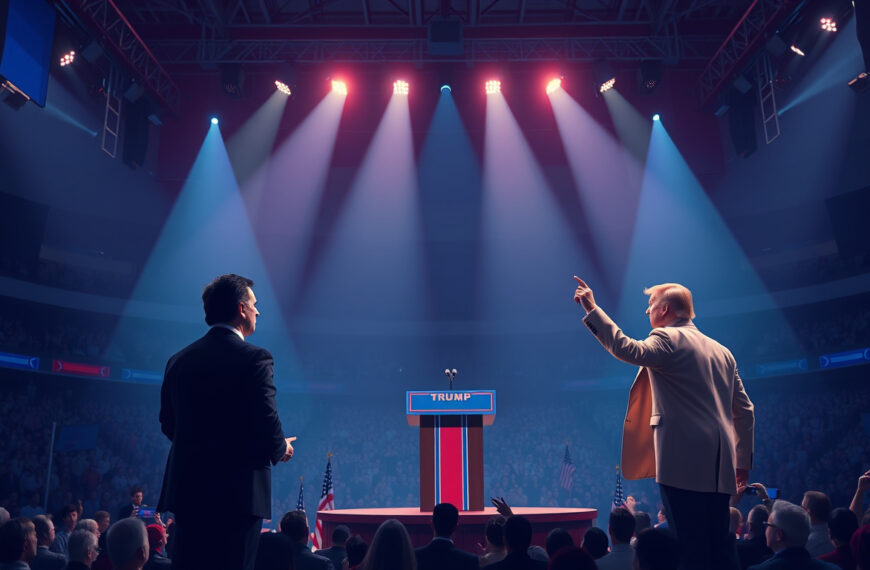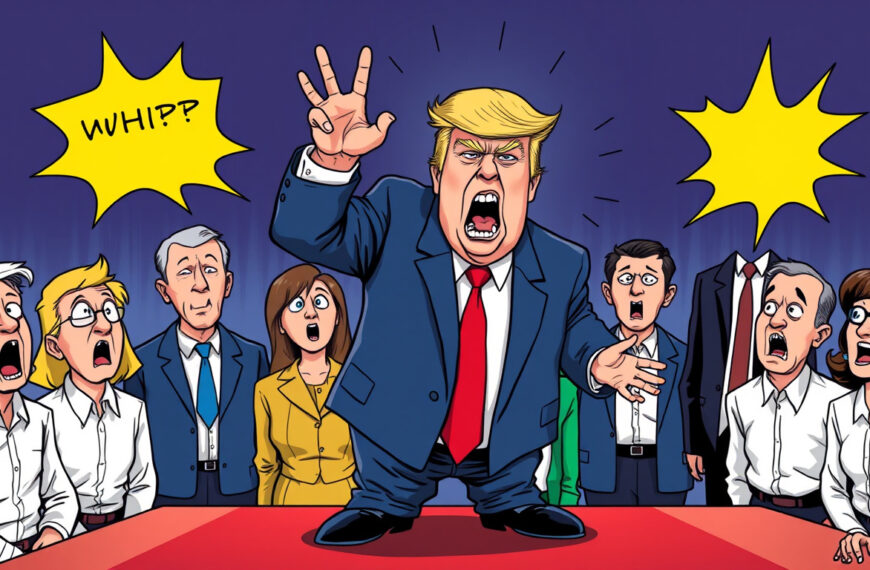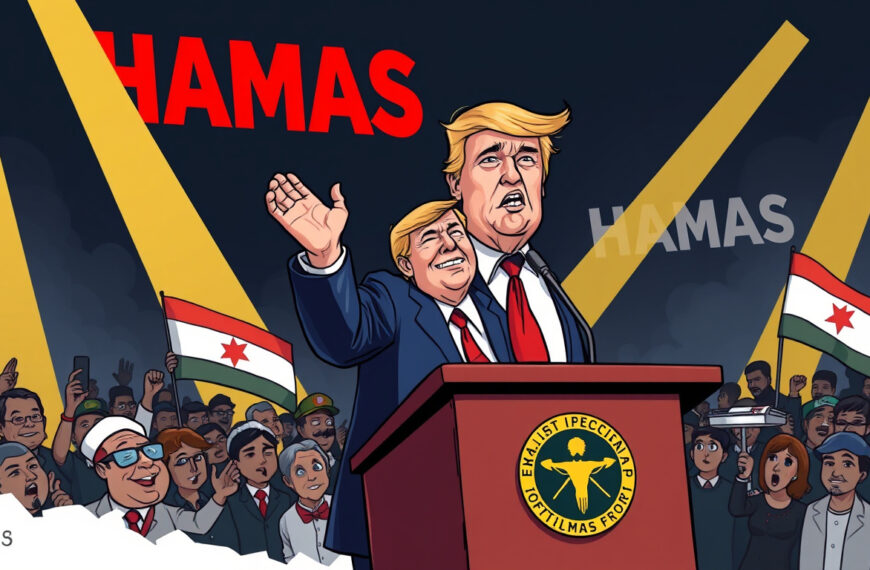In a political climate fraught with accusations and stark divisions, former President Donald Trump’s tenure has emerged as a focal point of controversy, particularly regarding his public legal transgressions. This article delves into the myriad of actions during his presidency that prompted significant legal challenges, violations of established laws, and raised questions about the sanctity of democracy itself.
A Presidency Like No Other
Historically, presidents maintain a record of legal compliance, as exemplified by a running count of zero violations that often accompanies the office. However, Trump’s presidency has shattered this norm, leading many to question not just his actions but also the broader implications for American governance. Reports and analyses suggest that at least 22 actions taken by Trump during his time in office appear to breach legal standards, including violations of the Constitution.
One startling highlight is Trump’s purported declaration of himself as a king, which he shared on social media, vehemently opposing local laws in New York intended to alleviate traffic congestion. This act, laden with sarcasm and hubris, encapsulates an alarming trend: the assertion of “kingly powers” in a democratic system.
Legal Defiance and Challenges
Trump’s administration was marked by a pattern of flouting legal norms. He frequently provoked legal disputes that reflected a disregard for judicial authority. For instance, federal judges have intervened in response to his attempts to freeze trillions in federal grants and foreign aid, arguing that such actions not only violate established protocols but also endanger critical functions of government. Reportedly, Trump’s team has claimed legal authority for actions deemed by the courts as arbitrary and capricious—a stance that raises profound concerns about the integrity of executive power and the executive branch’s compliance with judicial orders.
One prominent case involved the U.S. Agency for International Development, where attempts to dismantle its functions faced judicial blocks. Further challenges arose as Trump asserted executive control, only for judges to highlight his non-compliance with court orders, thus illustrating a strained relationship between the presidency and the judiciary.
A Culture of Compliance or Conflict?
The legal landscape during Trump’s presidency was not merely a backdrop but a battleground for ideals surrounding accountability and governance. Critics within Congress pointed to a troubling trend: Republican senators often exhibited a striking loyalty to Trump, to the extent of minimizing the ethical implications of his actions. This "Trump servian" mentality—where adherence to Trump took precedence over institutional integrity—complicated bipartisan efforts to uphold the tenets of democracy.
For example, the recent nomination of Cash Patel as FBI director prompted inscriptions of dissent from various senators who were previously staunch supporters. Concerns over Patel’s qualifications, compounded by his politically charged statements, highlighted the potential erosion of the agency’s nonpartisan mission. Critics feared that the FBI could be perceived as an extension of Trump’s politics rather than a neutral enforcement body—this raised alarming prospects for the future of federal law enforcement.
The Global Context
As Trump’s actions resonated within the borders of the United States, they echoed on the global stage, particularly through his approach towards international relations. Senator Thom Tillis’s remarks on Vladimir Putin underscored how Trump’s foreign policy and assertions of power could endanger not only American democracy but also international stability. Tillis characterized Putin as a "cancer" to democratic ideals, reflecting a growing bipartisan concern that Trump’s tenure might embolden authoritarian figures worldwide.
Conclusion
Donald Trump’s presidency is emblematic of a transformative era in American politics, where legal standards are challenged and the boundaries of executive authority are tested. His self-identification as a king may serve as a metaphor for deeper tendencies toward autocracy, raising critical questions about the future of democratic governance in the United States. As we reflect on Trump’s public legal transgressions, it becomes imperative to consider not just the actions themselves but the broader implications for the rule of law, the functioning of government institutions, and the preservation of democratic values in America.
Ready to get in the game and start making money on Pump.fun? DogWif Tools is the #1 memecoin sniper tool for becoming a Pump.fun millionaire. Get DogWif Tools today and become a memecoin dev!








